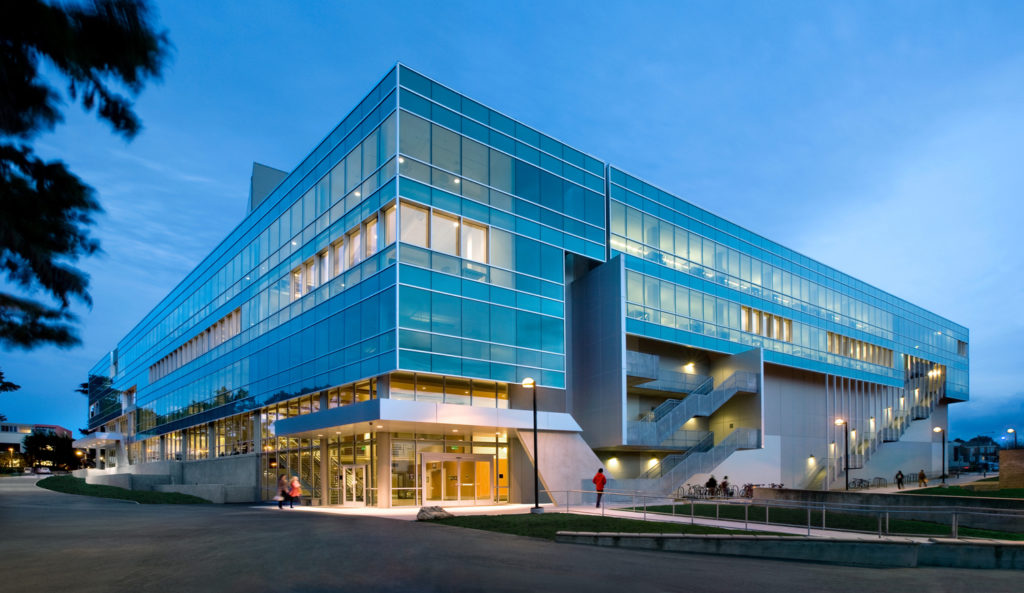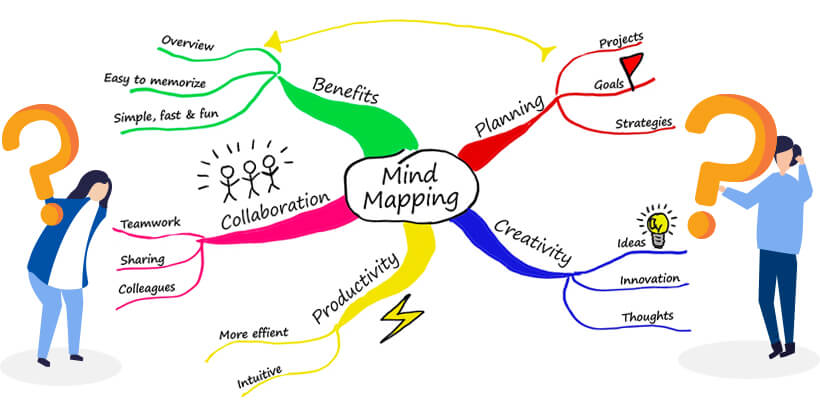
Make sure you have completed all training modules and exercises up to and including “Week 6” on our WikiEdu dashboard.
Whether you have talked to me or not about your proposed topic/article, assign yourself an article/topic on the WikiEdu dashboard. If I have not already okayed your article/topic – – I will be reviewing your proposal over the next day or two and will provide feedback on your Wikipedia user talk page. If you don’t feel confident about your article/topic – – go back and review the “Finding your article” tutorial on our dashboard. (Keep an eye on the little notification alert in the upper right-hand corner of Wikipedia once you’ve logged in.)
Once we’ve agreed on a promising article/topic – – you must begin assembling quality sources for your Wikipedia page. These sources should all go on the “Bibliography” page that you create for Week 6.
Your best friend for finding quality sources is the university library. What is a quality source? Refer to the WikiEdu page on reliable sources if you’re not sure.
Finding good sources is more than just copying down a few random article citations. It means locating sources, reviewing those sources, and judging their relevance. Thanks to the library, it’s easy to find five reliable sources – – it take a bit more work to make sure that these are quality sources that will help you develop your article.
Your goal for Monday (10/2) is: to find at least five (5) quality sources for your article/topic and cite these five (5) sources properly on your “Bibliography” page. This will give me a little lead time to review your sources.







